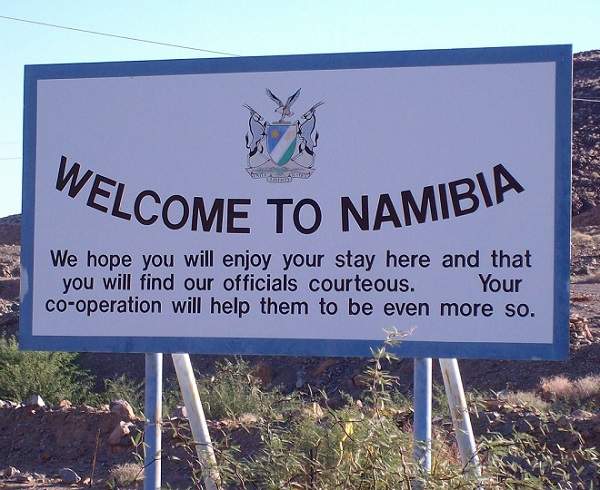
Customs clarifies position on detention of imported goods

The Directorate of Customs and Excise within the Ministry of Finance said the confiscation of imported goods mainly from China and other Asian countries, is to enforce the law and clearing procedures, by removing counterfeit products and to ensure that taxes and duties are paid.
The procedure is part of the enforcement of the Intellectual Property Rights Act and the World Trade Organization’s Treaty on Trade Related Aspects of Intellectual Property Rights to which Namibia is party to.
According to the ministry, the treaty provides for agreements that relate to border measures that are required to be taken for providing protection against infringement of property rights at all entry points.
“It is on this basis that the Customs and Excise Directorate, with other stakeholders, will jointly intensify the enforcement of the law on the clearance of export and import parcels to ensure that goods imported and exported conform to the requirements of intellectual property rights and also to ensure that duties and taxes are fully paid,” Tonateni Shidhudhu, Chief Public Relations Officer in the Finance Ministry said.
With regards to questions awhy non-branded items are being removed from the parcels, Shidhudhu noted that if a parcel is opened and non-branded clothing is found, customs procedures will apply and thereafter the items will be released to the owner.
However, non-branded items such as medicine, cream, chemicals, detergents, etc. that do not conform to health requirements as mandated by the Namibia Medicine Regulatory Council can not be released due to health reasons. These items are impounded by Customs and Excise officials and later destroyed.
“It should also be noted that the smuggling of counterfeit products is a serious crime which can lead to either heavy administrative fines or application of the Criminal Procedure Act. Our officials are not confiscating items for their personal gains, but it is an official action to strengthen clearance mechanisms. We urge the public at large as well as importers and exporters to acquaint themselves with the Customs and Excise import, export and transit requirements and procedures before trading in, importing or exporting goods,” Shidhudhu said.













































